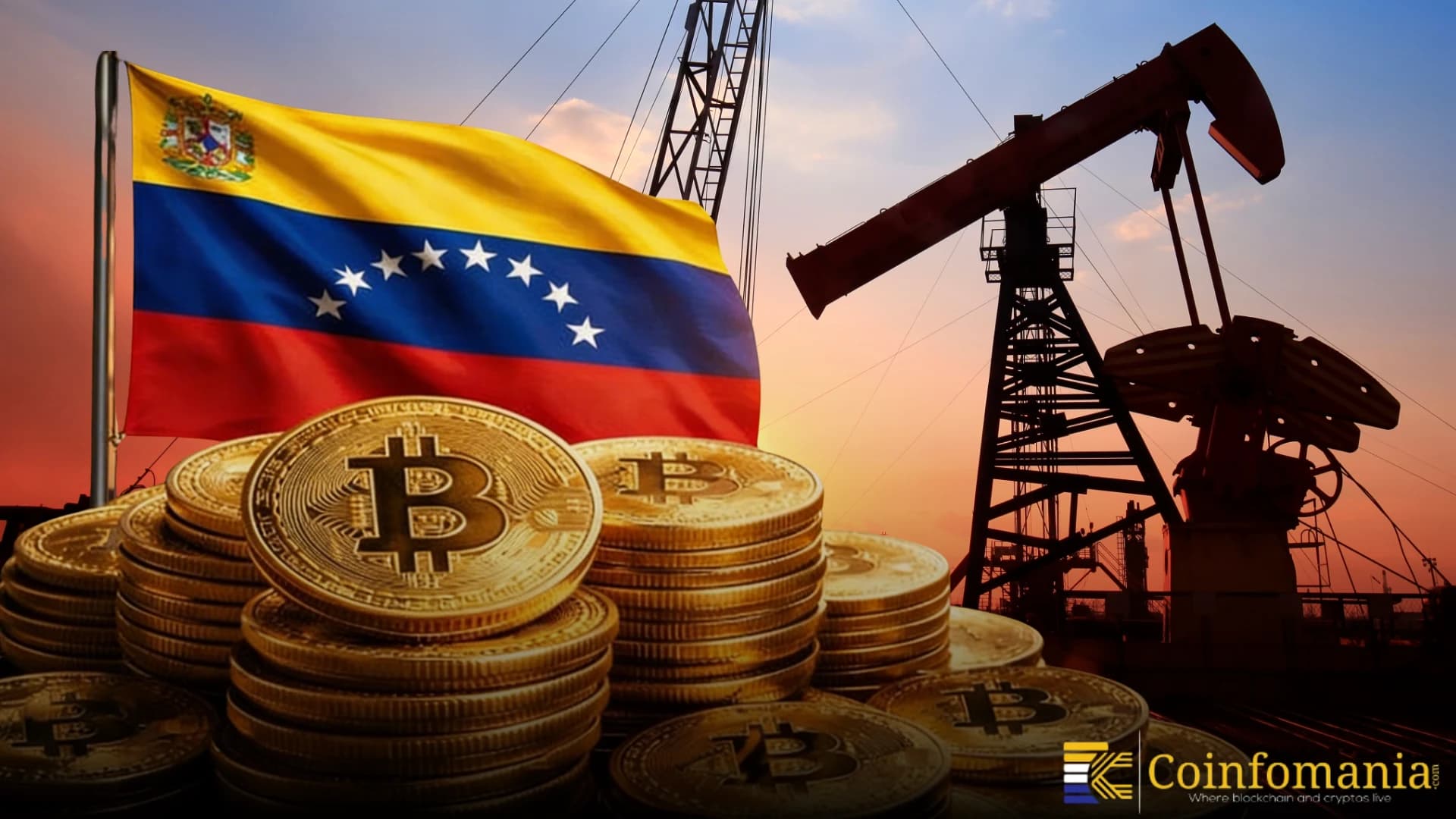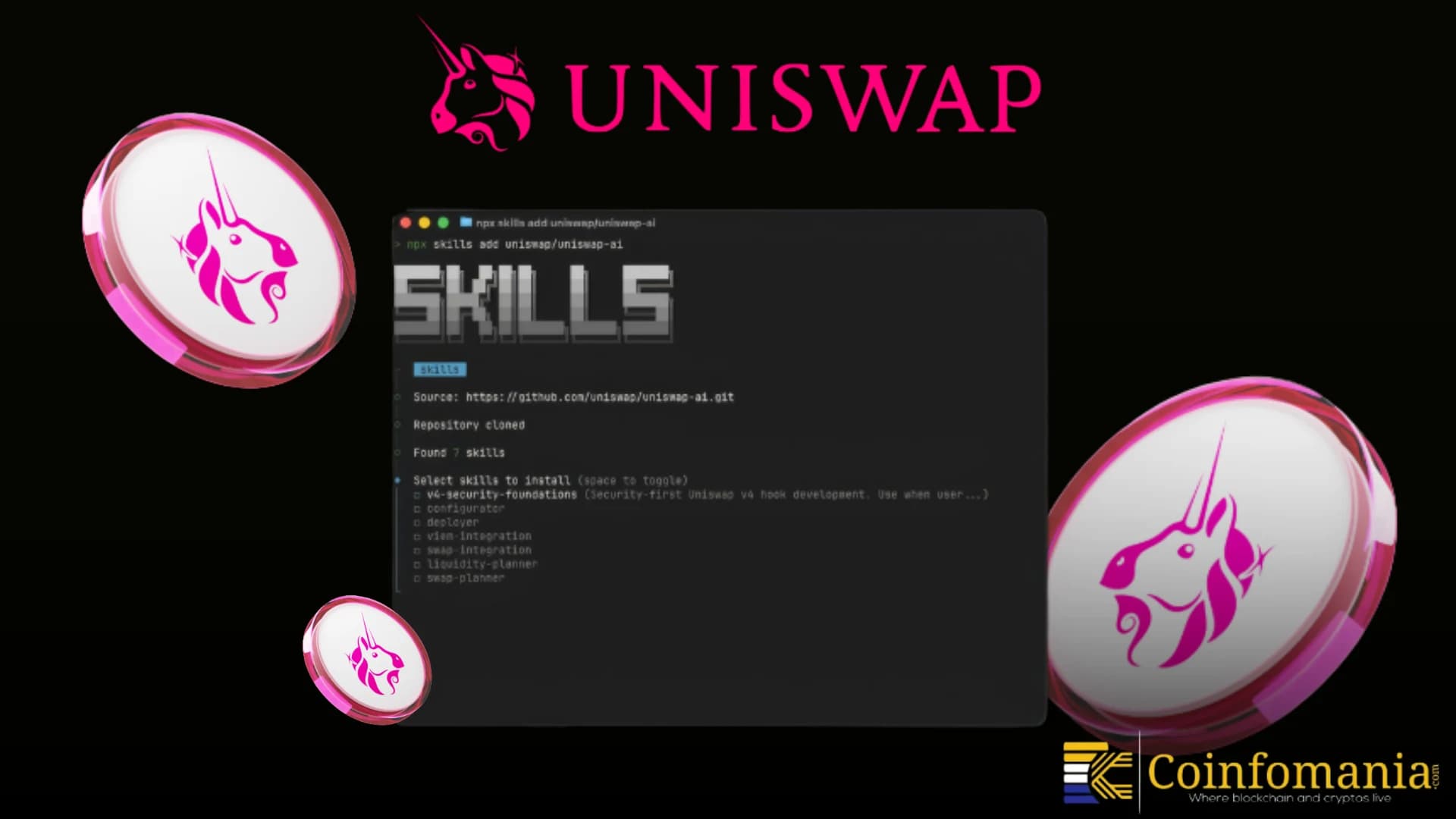Deutsche Telekom, Europe’s Largest Telecom Provider, Dives Into Bitcoin Mining
Deutsche Telekom, Europe's largest telecommunications provider, is set to embark on a groundbreaking venture into Bitcoin mining.
Deutsche Telekom, Europe’s largest telecommunications provider, is set to embark on a groundbreaking venture into Bitcoin mining. Announced at the BTC Prague conference by Dirk Röder, head of Web3 infrastructure and solutions at T-Systems MMS, a Deutsche Telekom subsidiary, this move represents the company’s deepening commitment to blockchain technologies.
A Bold New Frontier
On Friday, June 16, 2023, Röder, donning a shirt emblazoned with a pink Bitcoin graphic, revealed Deutsche Telekom’s plan. “Since 2023, we [have been] running a Bitcoin node, and we are running Bitcoin Lightning nodes as well,” Röder stated. He then teased, “With a heart full of […] pride, I would like to let you in on a little secret: we will engage in ‘digital monetary photosynthesis’ soon.” This phrase, though cryptic, was later clarified when Röder confirmed that the company would indeed start mining Bitcoin.
Expanding Blockchain Footprint
Deutsche Telekom’s foray into Bitcoin mining isn’t a standalone endeavor. The company has a history of engaging with various blockchain networks. In 2022, Deutsche Telekom supported the Ethereum network by running validator nodes and collaborating with the liquid staking protocol StakeWise. They have also been active on the Polygon, Chainlink, Polkadot, and Celo networks, operating nodes and making direct investments in these ecosystems.
This comprehensive approach to blockchain isn’t just about mining; it’s about a diversified strategy that includes running validation nodes and integrating with various protocols. For instance, their involvement with the Chainlink blockchain supports decentralized oracle networks, crucial for many DeFi (Decentralized Finance) applications.
Curious Reactions
The announcement has stirred the crypto community, with notable figures expressing interest. Bitcoin influencer @JoeNakamoto quizzed, “So, is T-Mobile mining Bitcoin?” Röder succinctly replied, “We will.”
Why This Matters
Deutsche Telekom’s entry into Bitcoin mining marks a significant shift in how traditional corporations view and interact with cryptocurrency. As Europe’s largest telecom provider, their involvement could pave the way for broader institutional adoption of Bitcoin and other cryptocurrencies. It also highlights the increasing convergence of telecommunications and blockchain technology, suggesting a future where digital and physical infrastructures are closely intertwined.
Looking Forward
The entry of Deutsche Telekom into Bitcoin mining is a positive development for the cryptocurrency industry and a clear indication of their long-term vision. By mining Bitcoin and supporting various blockchain networks, they are positioning themselves at the forefront of the digital economy. It shows that large, established companies are starting to take Bitcoin seriously. This could unlock new revenue streams and technological capabilities, setting a precedent for other large corporations to follow and, thus, help to legitimize cryptocurrency investment further.
However, there are also some challenges that Deutsche Telekom will need to overcome. Bitcoin mining is a competitive business, and Deutsche Telekom will need to invest heavily in it to succeed. Additionally, the regulatory landscape surrounding cryptocurrency is still evolving, which could create uncertainty for miners.
In a world where digital assets are becoming increasingly significant, Deutsche Telekom’s proactive stance could be the bellwether for a broader acceptance and integration of blockchain technologies in traditional industries.
Deutsche Telekom’s decision to enter Bitcoin mining is a bold move that could significantly impact the cryptocurrency industry. It remains to be seen whether the company will be successful, but its involvement is a sign of growing institutional interest in Bitcoin.
Follow us on Google News
Get the latest crypto insights and updates.


